
“Who’s that?” you ask.
“Your setting, of course
PERSONALITY TRAITS OF A GREAT SETTING
The setting grounds your novel in the reality of “place”. Without place, the characters are just there without reason to act or care. Setting is not only the time, location, and circumstance of where the story takes place, but the social milieu which shapes values and the characters. Nathan Bransford sees three important traits of setting in a novel:
● Change Underway
In a good novel, change is underway. The characters are not static and neither is the setting. Otherwise, they would be unchanging places which have no bearing on the lives of the characters or the action in the storyline. The plot should be inherent to the setting. Is the place resisting change or pushing for it? Is it a place in turmoil itself or is it experiencing the tension beneath a calm and cool surface? Is it a passing era with struggling to make way for a new generation or way of life.
● Personality and Values
The era during which the novel takes place has its own value system, but within that context, a great setting has its own values and traits. A contemporary small town could be welcoming and friendly, or it could seemed closed and suspicious of outsiders. Every setting has certain traits rising to the surface, whether it's valor and honor, justice and order, every man for himself, or it could even be a place where normal values and perspectives have become skewed or inverted
.
● Unfamiliarity
Third component of a great setting is the unfamiliarity. The setting should show the reader something they’ve never seen before. Either it's a place that most readers might be unfamiliar with and have never traveled to, or it shows us a place that we are all-too-familiar with, but with a new, fresh perspective that makes us look again."
Image source: dailymail.co.uk/The-Lilliput Image Source: sun-surfer.com/mirny-diamond-mine
-thats-just-kaput
WHY YOU NEED A GREAT SETTING
In addition to giving your character a stage upon which to act, a great setting serves the novel in a number of ways, including:
● Provide context and help hook the reader
The setting can serve as a hook or emphasize its power to engage the reader for two reasons.
First, it is one of the first elements the reader is introduced to in the story. The writing is crucial, since too much detail leads to a loss of focus on the whereas not enough makes it harder for readers to be intrigued in the setting and immerse themselves in your world.
Second, once the reader knows a little about the where and when the story is taking place, they begin to create expectations and provides context.
● Depict the theme of your story
One of the primary roles of the setting is to aid the author in depicting the theme of the novel. Setting [i.e. environment] is crucial to the formation of the human personality. You are your memories and much of your memory relates to environment and the people in it.
According to novelist Richard Russo contends that, “The more specific and individual things become, the more universal they feel,” says Russo. This is an example of the principle of a truism, which comes to us in the form of paradox (like all good truisms). He points out that detail provides the color and texture of the novel and helps it resonate with a sense of place.
● Establish the mood
Setting definitely helps establish the overall mood of the story. While this overall mood [e.g. a dark story] may be a particular feeling, not every scene has the same temper. The setting of the individual scenes can set the frame of mind for what will happen one in that particular scene.
Author Susan Meissner writes, "We are wired to assign value to places. That's why home is so sweet, Yosemite is so beautiful, Paris is so romantic and a moonlit beech is so calming. It's also why dark houses scare us, crumbling cliffs intimidate us, and foggy moors depress us. Places communicate something to us. A spider doesn't care if it makes a web in a dark, musty cellar or under a chair in an opulent ballroom. But we care!"
Image Credit/ source: subscribe.cntraveler.com/ Image credit:shutterstock.com/video/walking-on-beach
Image source: pinterest.com/pin/ Image source: pinterest.com/pin/42502790204908209/
Those events are grounded in time and place and setting necessarily influences the kinds of events that occur to the character and how the character reacts. Mood is often a factor in how someone reacts. Visceral reaction precedes thinking.
● Serve as a character who helps or hinders
Just as any character can help or hinder the protagonist in achieving his or her goal, the setting can accomplish the same goal. For example, in a novel where the protagonist's goal is climbing Mt. Everest, the setting could do everything it can to prevent success with wind, falling rocks, breaking ropes, rain, and so on.
Your setting is definitely a character in your novel. Whether it's a primary or secondary character depends on the kind of novel and what the author wants. But choosing the correct setting is just as important as the other components of the novel. It can assist the reader to experience the drama and feel the moods and emotions of each particular scene, as well as the novel as a whole. If you are writing science fiction, then the setting becomes the entire world.
SELECTING THE SETTING
The original idea for a novel often includes the setting, at least in a general sense, just as it most often would include the time or era [e.g. London in the 1850’s].
Sometimes settings are such that the story couldn't take place anywhere else because of the mood, physical features, social values and customs. That is fortuitous when it happens. Otherwise, the author has to think through when and when the general story idea could take place, then consider the elements listed above and find a setting that works and can add uniqueness to the novel.
You can set a novel in a place you've never been and pull it off, but having been there is better. Physical presence gives you a sense of how the location feels, tastes, and smells. You hear the background sounds, feel the rhythm and pace. These things are often hard to research. Even if you've never been to the location where your novel is set, thinks about those characteristics of place.
While setting may not be the same as mood and atmosphere, the reader's emotional response to the time and place of the setting, each setting has its own unique mood and atmosphere. And the more familiar you are with the sense of place, the more you can use it to assist or hinder your protagonist, which will add depth to your novel.
Doing research in advance allows the author to pull those in as details that affect and further plot without stopping in the middle to look things up, or going back later to add them…and then forgetting to do that.
A few things to look at include: Weather and climate, slang and language, particularly if the setting is foreign, the appearance at different times of day and in different seasons. You may even want to find out of the location is on daylight savings time…and that's not just for the US settings. What places in the setting are particularly scary/dangerous and peaceful/safe, map and satellite pictures, topography and physical characteristics.

SETTING OF EACH SCENE
I was intrigued by Author MaryLu Tyndall's list of six ways the setting can help or hinder the protagonist in achieving his/her goals in general and in a scene. It's worth the time to read her article. (See Resources) Here's a recap of her points.
● The setting as a friend / a comfortable, relaxing place where protagonist can reflect, or a safe place to hide from enemies.
● The setting as an antagonist / introduce conflict, trouble, thwarts protagonist's plans.
● The setting as a mentor / a place to learn or make discoveries, a place to prepare to take something on.
● The setting as a shadow for protagonist / a shadow reflects the deepest flaws of the character / a setting that opens the character's eyes to his/her own flaws.
● The setting as a model of what the protagonist wants to be / a setting that fosters qualities to which the protagonist aspires.
● The setting as an example / a setting that either assists or hinders the character in the particular scene.
TAKE AWAYS
In summary, here are some suggestions that will help you create vivid, memorable and meaningful settings:::
- Don’t just “tack” the setting into the novel; make it an integral part of the story.
- Describe selectively and with purpose—through integration in “scene” rather than exposition
- Be specific (e.g., soft pink rose, not flower; beat up Chevy, not car; old clapboard cottage, not house)
- Use similes, metaphors, and personification to breathe life into setting
- Use the senses like sight, sound, smell, taste, touch.
- Don’t tell, show [e.g. don’t only say the time is the 1920s; show the cars and dresses. Don’t tell the reader it’s raining; show them by describing the dripping trees, etc.]
- Compare and contrast settings and relate them to the point of view characters
- Don’t describe setting all at once in the beginning; work it in slowly throughout the story; let it unfold as the story does.
- JUST SAYIN’!
□
- Sources:
- http://en.wikipedia.org/wiki/Setting_%28narrative%29
http://www.rachellegardner.com/2012/06/using-setting-as-a-character-a-tip-for-novelists/
http://www.novelrocket.com/2011/10/make-your-setting-character-by-susan.html
http://www.julieleto.com/articles/where-am-i-the-importance-of-setting-to-your-romance-novel/
http://www.scribophile.com/blog/importance-of-setting-in-a-novel/
http://leaguewriters.blogspot.com/2010/05/making-of-world.html
http://blog.nathanbransford.com/2010/05/what-makes-great-setting.html
http://www.saint-petersburg.com/photo/index.asp\
https://www.scribophile.com/academy/importance-of-setting-in-a-novel - https://selfpublishingresources.com/how-does-the-setting-contribute-to-the-story/#:~:text=%20A%20story%E2%80%99s%20setting%20can%20help%20to%20advance,3%20Creating%20a%20mood%20and%20atmosphere%20More%20
Photos
http://sun-surfer.com/mirny-diamond-mine-siberia-russia-6745.html
https://www.dailymail.co.uk/news/article-2558813/The-Lilliput-thats-just-kaput-Japanese-theme-park-based-Gullivers-Travels-left-rot.html
https://www.shutterstock.com/video/clip-8175769-young-couple-walking-on-beach-sunset
https://subscribe.cntraveler.com/subscribe/cntraveler/144814?source=msn_sem_control&msclkid=ae2e3a96539b1e5108d558667e618ce4
https://www.pinterest.com/pin/42502790204908209/
https://catholicleader.com.au/life/striving-for-peace-and-joy-in-the-family/


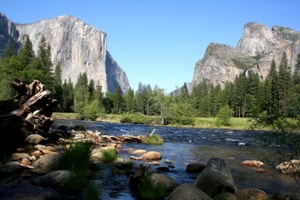

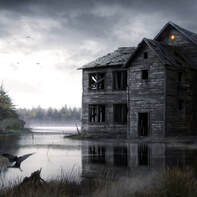



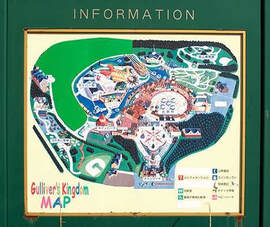
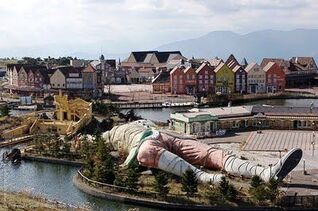
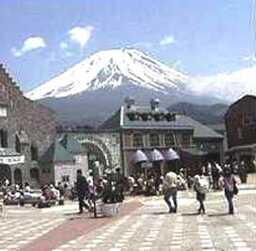
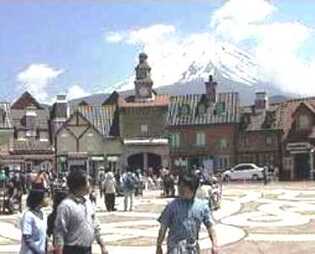


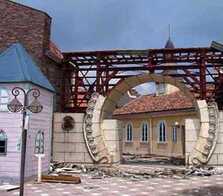
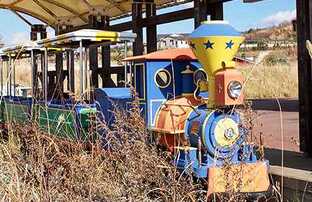
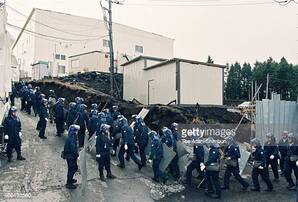
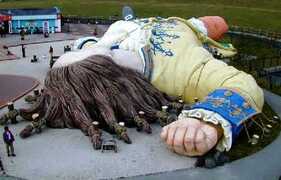







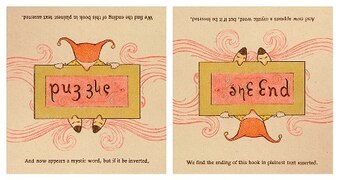
















 RSS Feed
RSS Feed